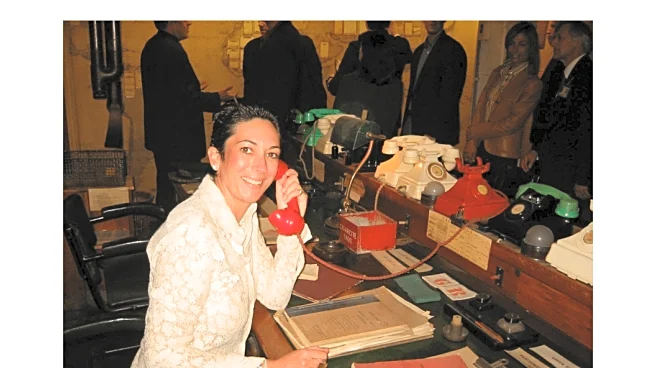Rapid Read • 8 min read
On August 9, 2025, Nagasaki marked the 80th anniversary of the atomic bombing by the United States, which resulted in the deaths of 70,000 people by the end of 1945. The bombing occurred three days after the attack on Hiroshima, which killed 140,000 people, leading to Japan's surrender on August 15, 1945, and the end of World War II. The memorial event in Nagasaki was attended by approximately 2,600 people, including representatives from over 90 countries. Mayor Shiro Suzuki and Prime Minister Shigeru Ishiba were among the speakers, emphasizing the importance of passing down the memories of the bombing to future generations. Survivors shared their experiences, highlighting the ongoing impact of radiation and the need for nuclear disarmament.
AD
The commemoration in Nagasaki underscores the persistent global threat posed by nuclear weapons and the urgent need for disarmament. Survivors and officials called for the abolition of nuclear weapons, stressing the existential crisis humanity faces. The event highlighted the role of the Treaty on the Non-Proliferation of Nuclear Weapons (NPT) and the nuclear weapons ban treaty in strengthening the global disarmament regime. The absence of China at the ceremony, without explanation, points to geopolitical tensions that complicate disarmament efforts. The Japanese government's stance on nuclear deterrence, due to its alliance with the U.S., reflects the complex security dynamics in the region.
Japan plans to promote dialogue and cooperation between nuclear and non-nuclear states at the upcoming Non-Proliferation of Nuclear Weapons review conference in 2026. Survivors and their supporters are focusing on educating younger generations about the horrors of nuclear warfare, hoping to inspire future leaders to pursue disarmament. The digitization of survivors' narratives aims to preserve their stories and reach a wider audience through social media platforms. The international community faces the challenge of balancing deterrence with disarmament, as geopolitical tensions continue to influence nuclear policies.
The ethical implications of nuclear weapons use and the cultural significance of the survivors' stories are profound. The aging survivor population raises concerns about the fading memories of the atomic bombings, emphasizing the need for historical preservation. The ceremony's focus on peace and reconciliation highlights the potential for cultural diplomacy to foster global cooperation. The absence of certain countries at the event reflects ongoing diplomatic challenges in achieving universal disarmament.
AD
More Stories You Might Enjoy












